I spent some time with this Field Biology class, and we found some cool creatures.
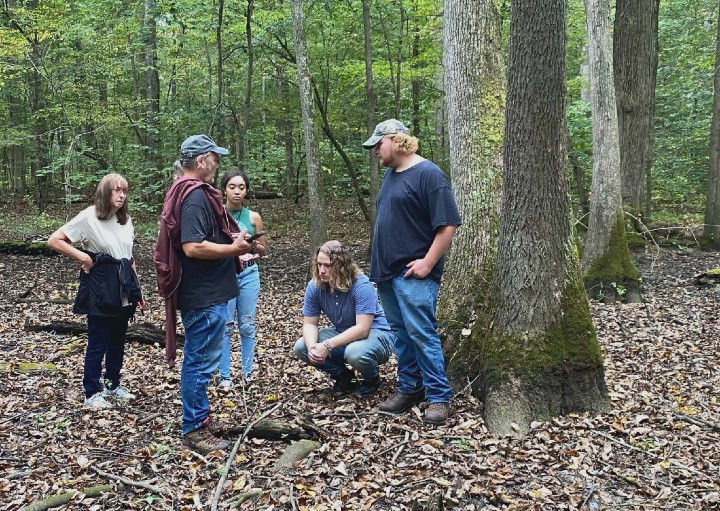
Eastern Tiger Salamander.
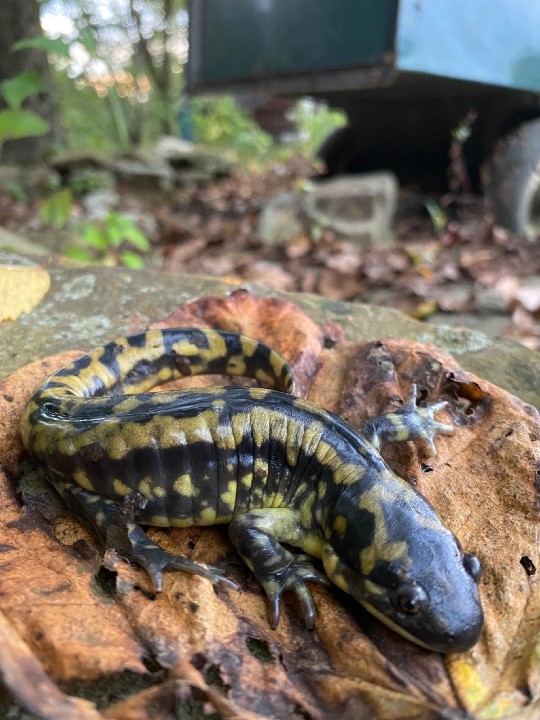
A brightly colored young Cottonmouth.
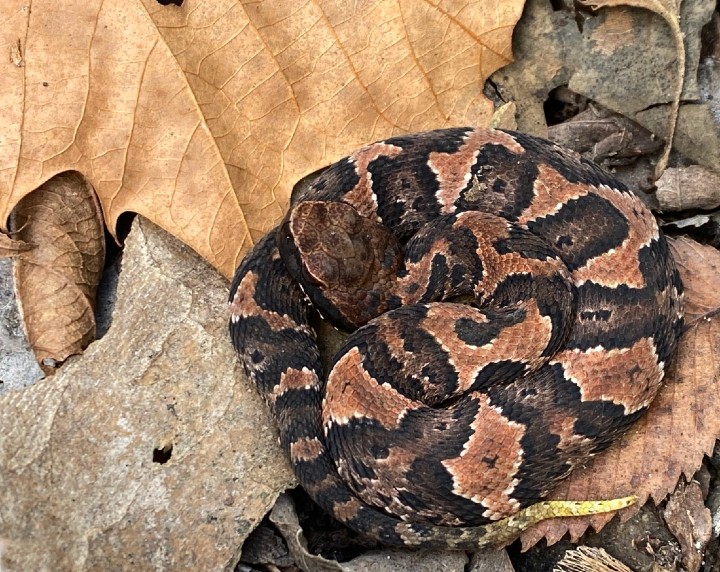
Dark Fishing Spiders get their common name because most live near water and have been reported to catch small fish and aquatic insects from the water as they walk on the surface.
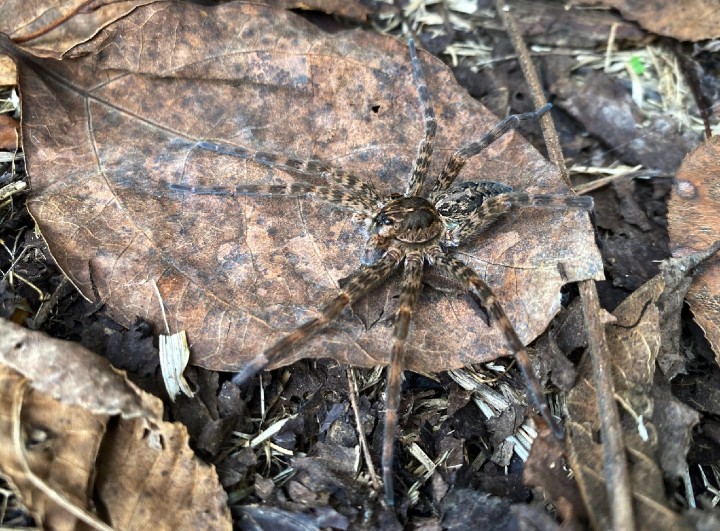
A "copperbelly" version of a Plainbelly Water Snake.
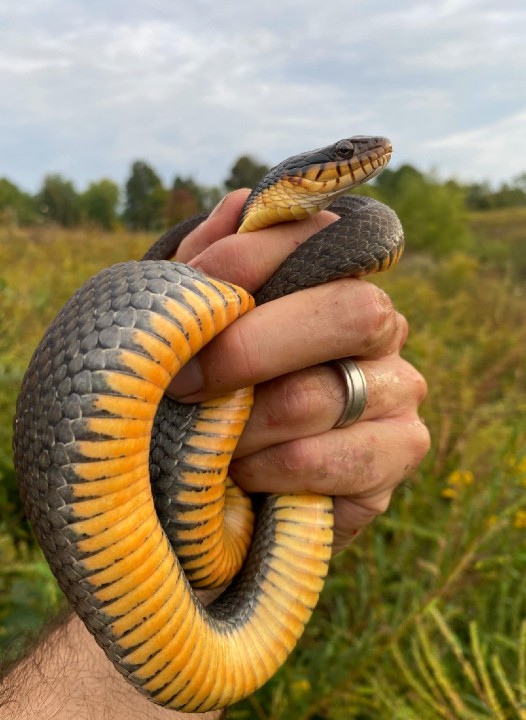
Spotted Salamander.
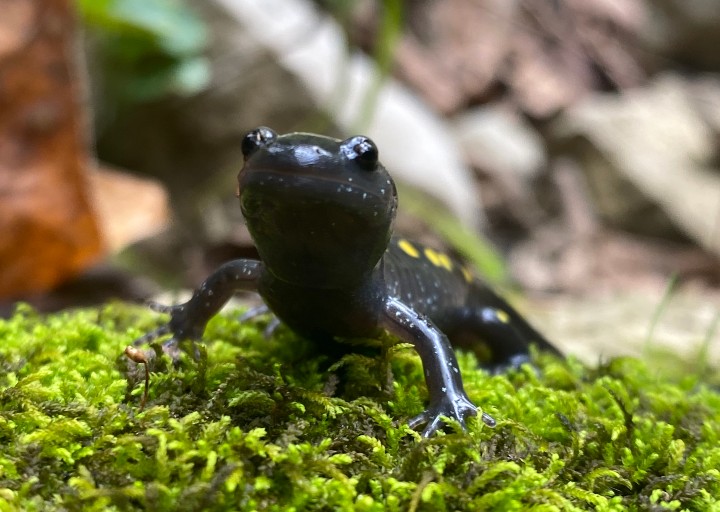
Wild Phlox is a woodland species that resides in forests, fields and along streams.
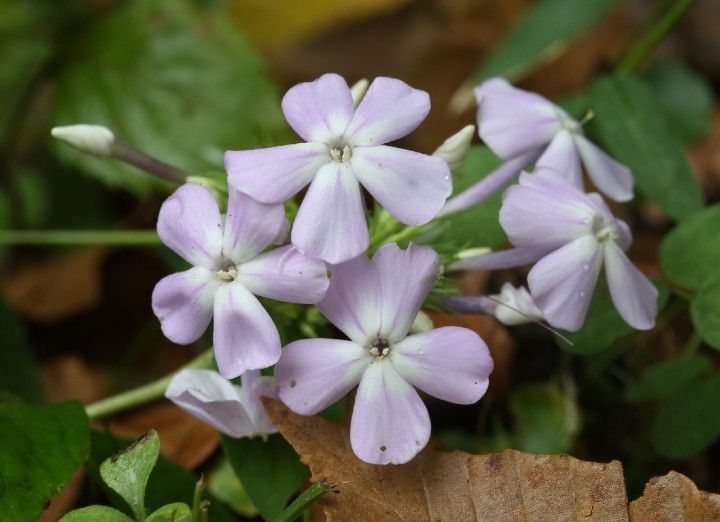
Green Treefrogs are sometimes called "Rain Frogs." Some people think that they are good indicators of rainy weather because they call loudest during damp weather.
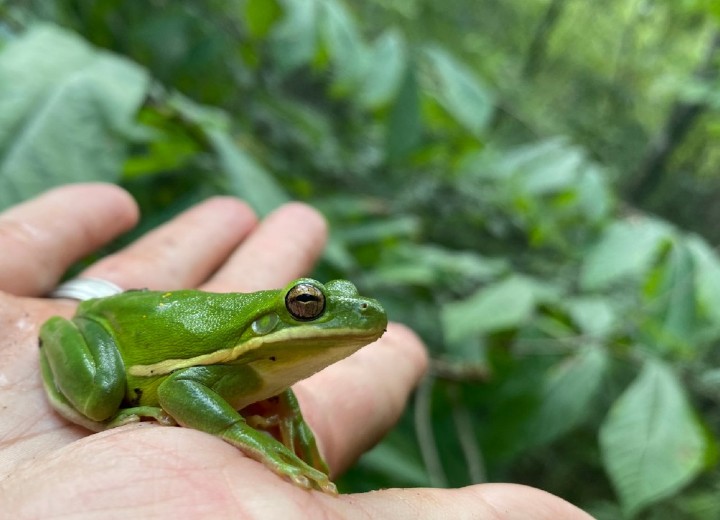
This Black Kingsnake wrapped itself around my finger.
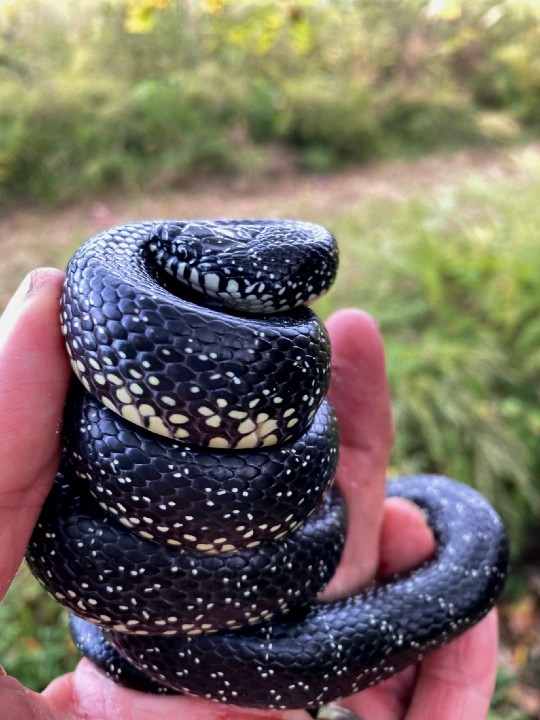
Marbled Salamanders are named because of their pattern.
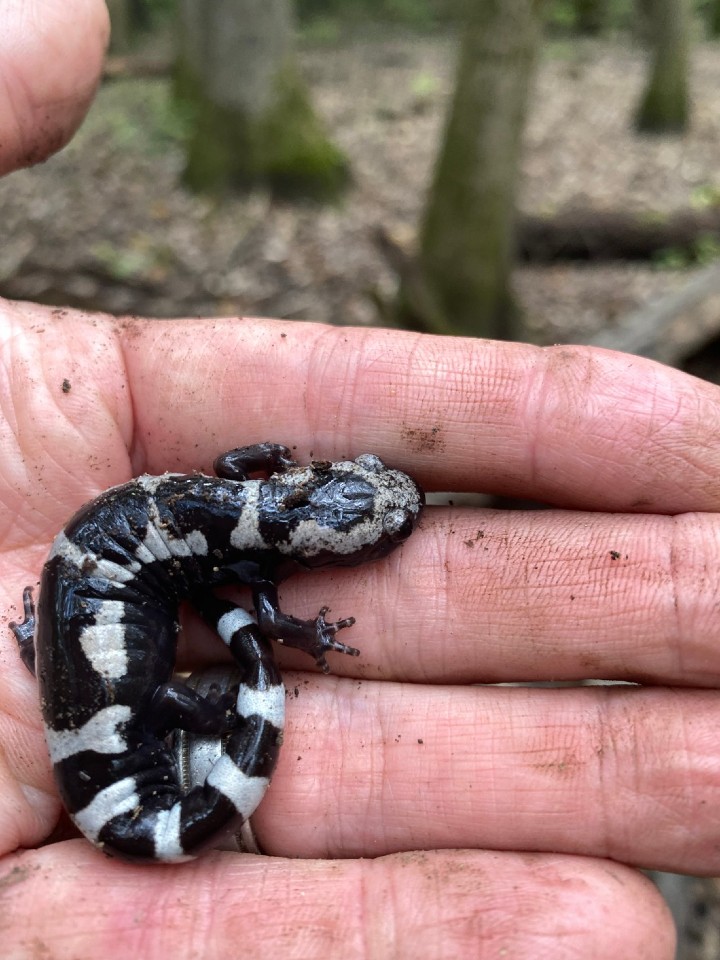
Wood Frogs blend in well with fallen forest leaves.
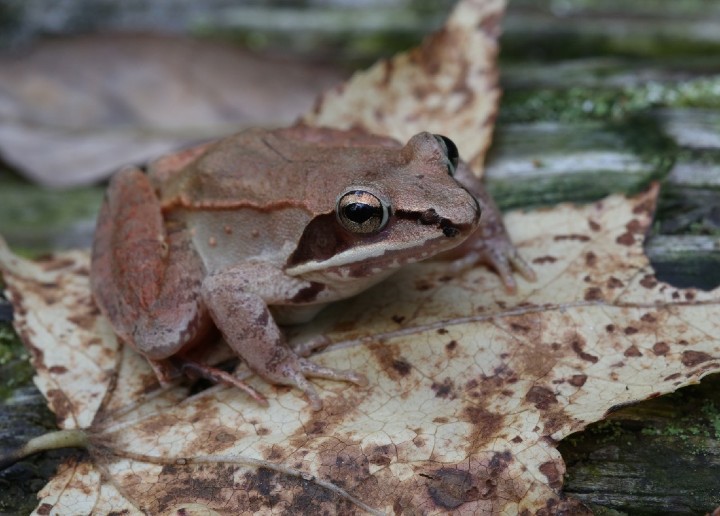
Predaceous Diving Beetle.
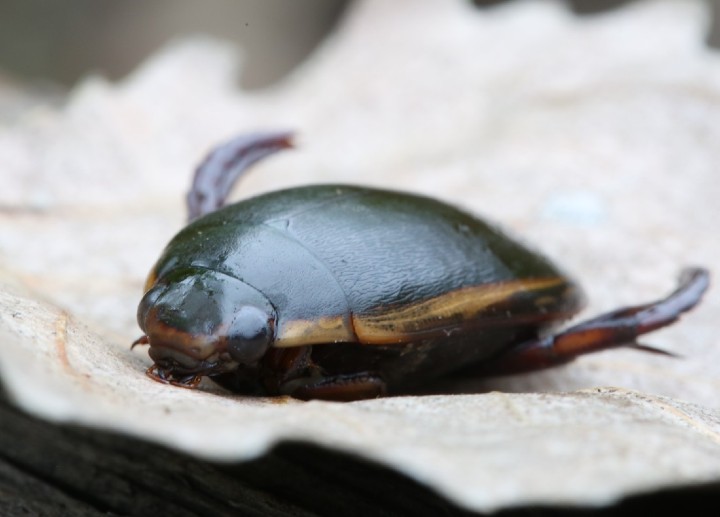
A colorful baby Black Kingsnake that was found on the trip.
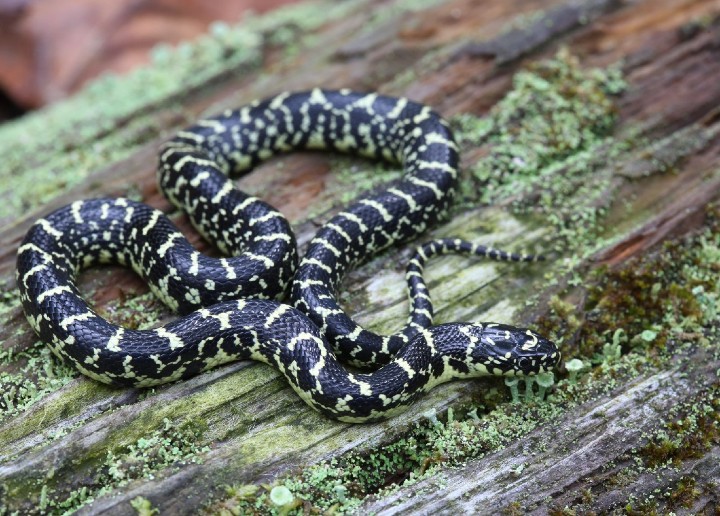
Eastern Fence Lizard.
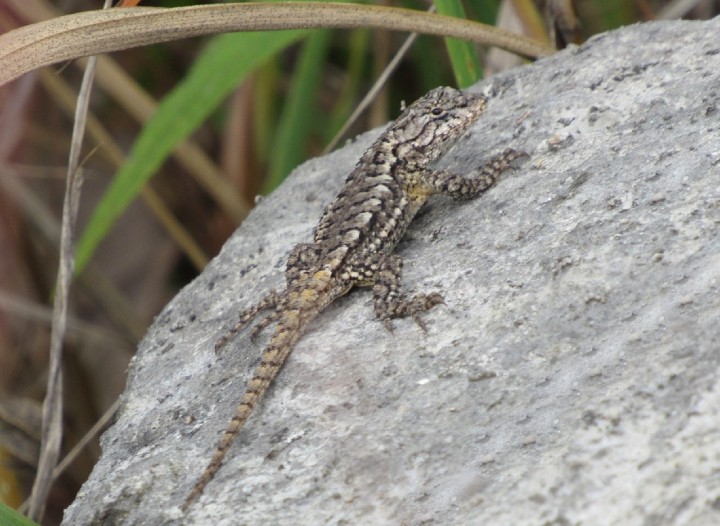
Ivy-leaf Morning Glory.
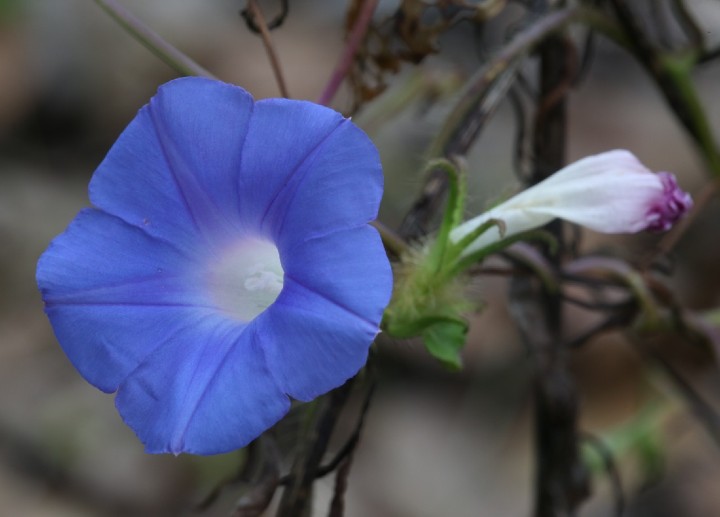
Bird-voiced Treefrogs inhabit wooded swamplands of the south, where they can be heard calling during spring and summer.
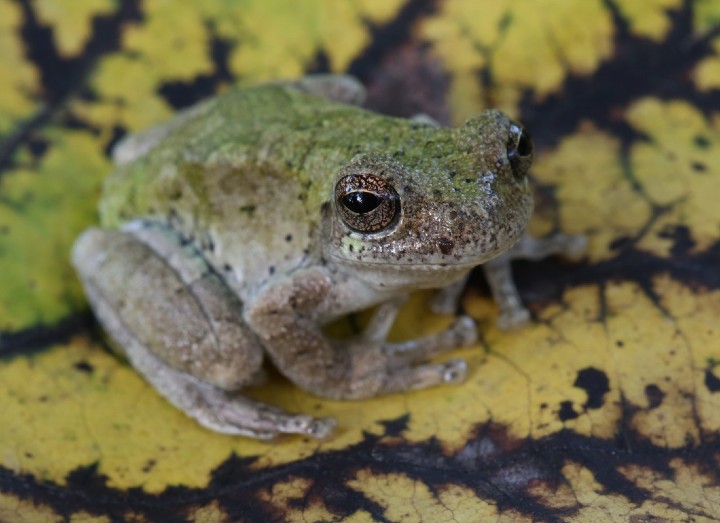
Murky Ground Beetle.
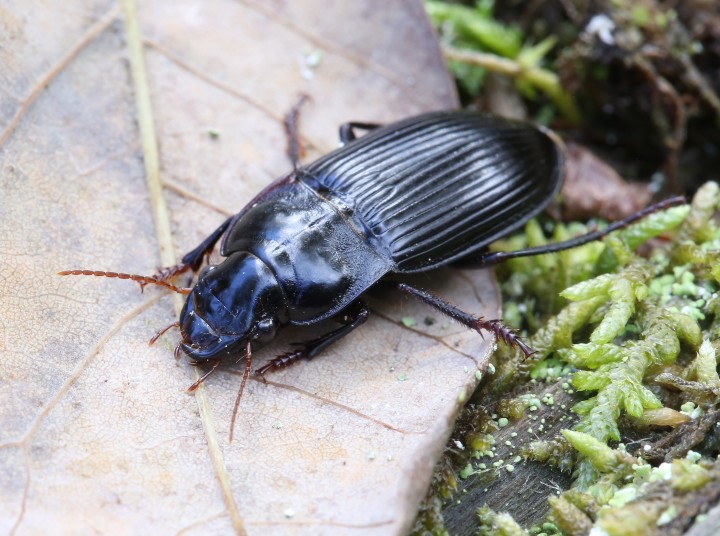
Eastern Ribbon Snakes are semiaquatic and frequently found along the edges of lakes, bogs and marshes.
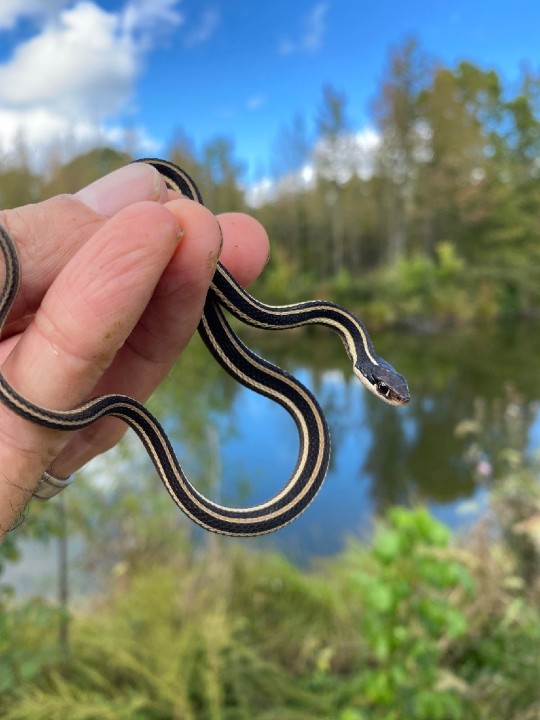
A Snake Road sunset.
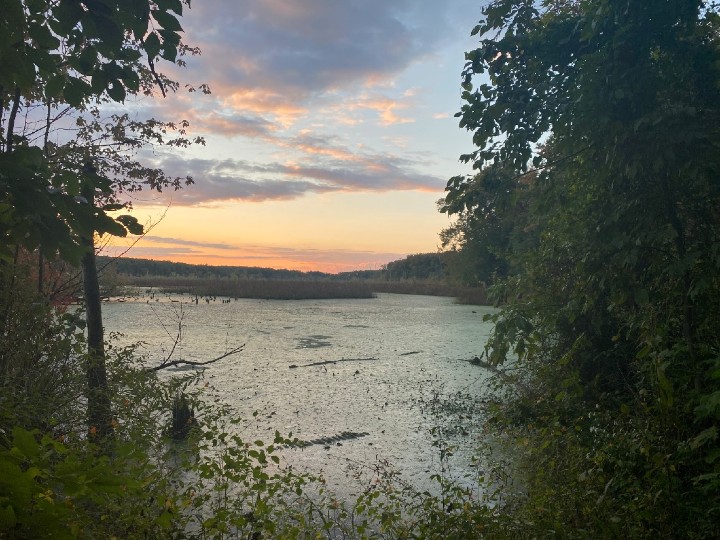
Hickory leaf shadows on a tree trunk.
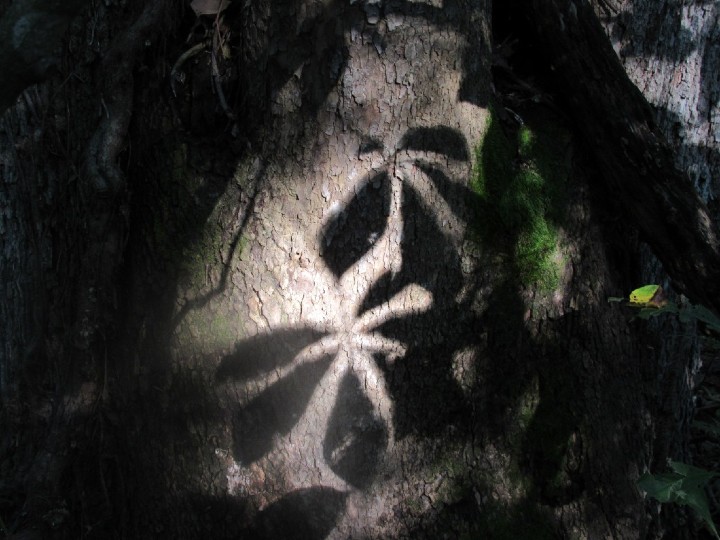
Click here to see Part 4
|